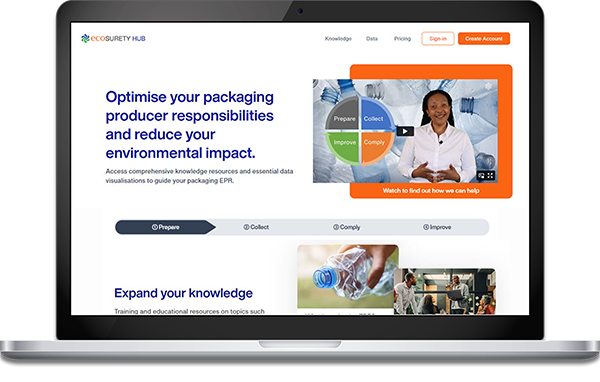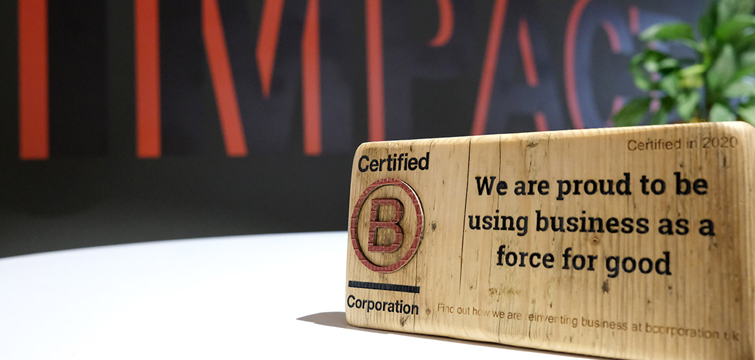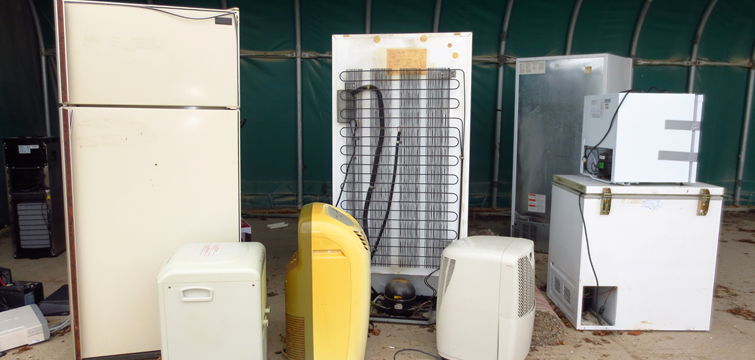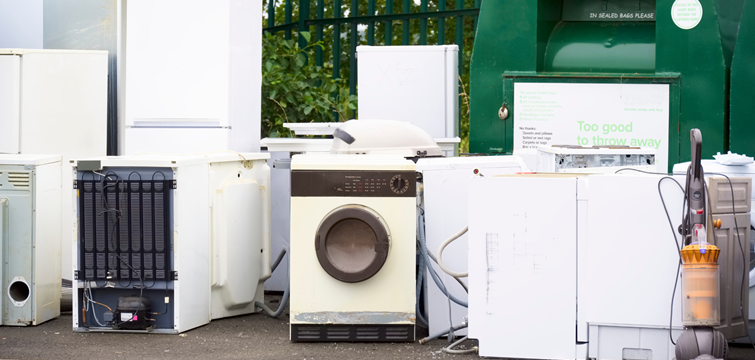The world’s first United Nations-backed International Centre of Excellence on Sustainable Resource Management in the Circular Economy will be established in the UK.
Regulatory mechanisms such as Extended Producer Responsibility (EPR), and Deposit Return Schemes, are centred around the concept of the circular economy, which uses existing economic systems to encourage the regeneration of materials or products to promote sustainability.
Well established EPR systems, for instance, may discourage the use of virgin materials in manufacturing by financially incentivising recycling and reuse at the top of the supply chain.
A collaborative investment in a sustainable future
Defra announced the new centre, which will formally open in April 2024 and brings together a number of academic institutions including University College London and the British Geological Survey. Defra states the institute will 'develop sustainable approaches to the circular economy and resource efficiency to enable carbon reduction and the transitions to a greener future’.
Alongside UN funding, the five participating institutions have contributed £1.85 million to the centre’s formation and will focus on specific areas such as metals, critical minerals and construction.
‘World-leading academic expertise’
The UK’s Resource Minister, Robbie Moore, has said of the announcement:
“This is real recognition of the UK’s global leadership in sustainable resource management and testament to Britain’s world-leading academic expertise.
We are delighted to host this centre, enabling our cutting-edge UK academics to develop the tools and research that will help countries across the world seize the opportunities of the circular economy, leading the way in the transition to a greener future.”
In terms of wider government aims, in 2023 the ‘Maximising Resources, Minimising Waste’ plan was announced which laid out ambitions to increase UK recycling, repair and reuse together with government funded measures to boost the circular economy, of which the new centre could help achieve.


Exclusive knowledge to guide your packaging EPR
You may also be interested in...

Q3 2023 WEEE data shows promising collection figures
By Sophie Clelland 11 Dec 2023
Ecosurety divests from WEEE and Batteries compliance
By Louise Shellard 06 Nov 2023
UK on track to meet annual WEEE collection targets
By Sophie Clelland 05 Sep 2023
Promising WEEE collection figures released for Q1 2023
By Sophie Clelland 13 Jun 2023
